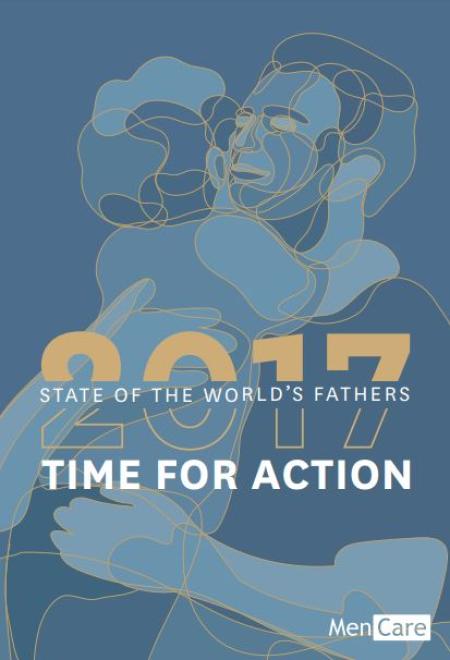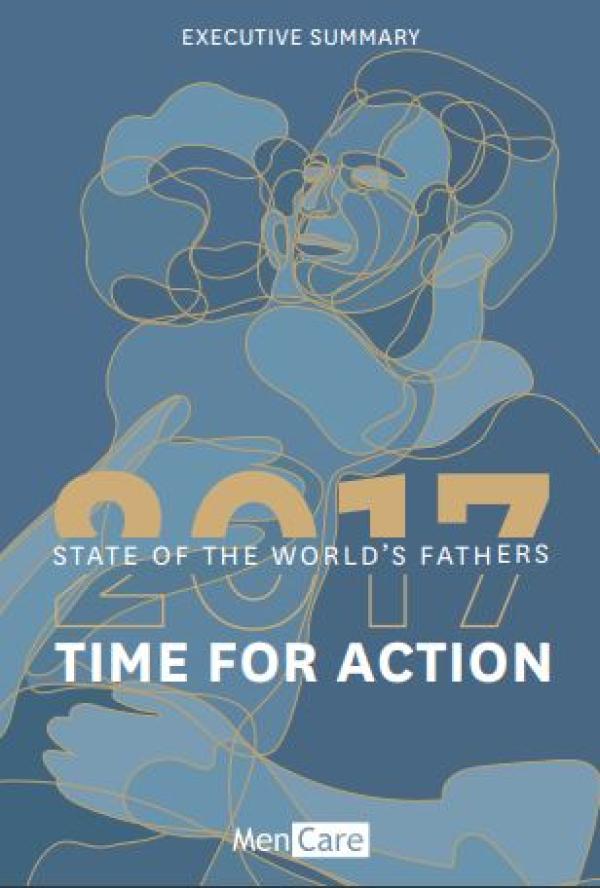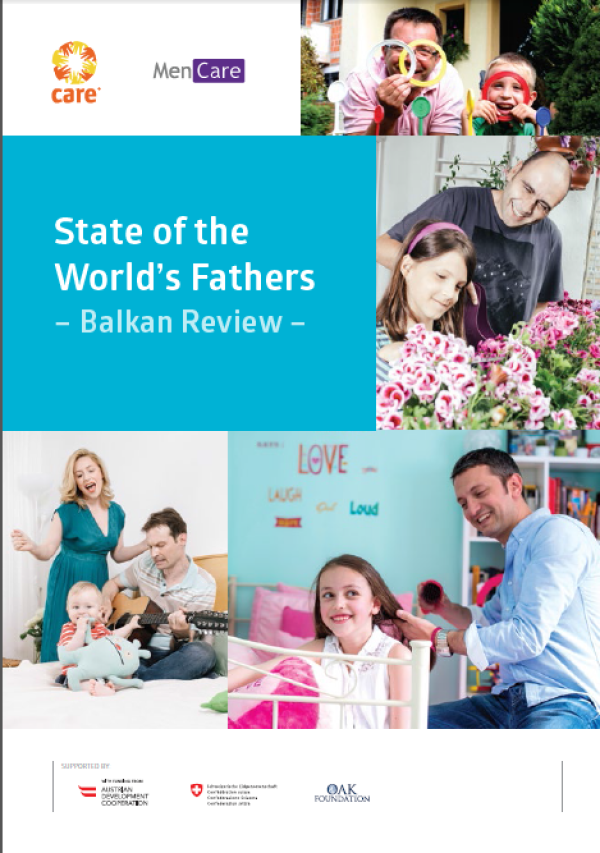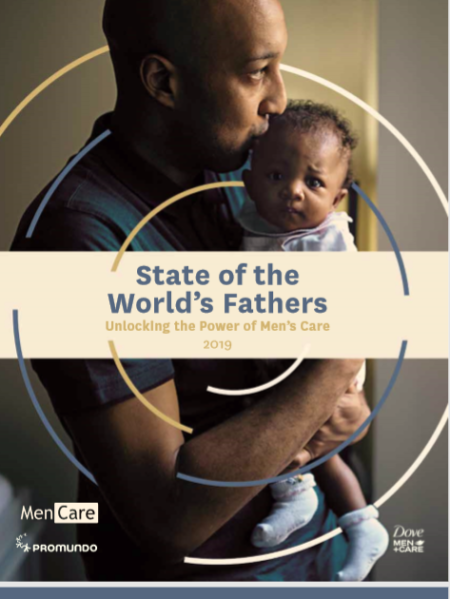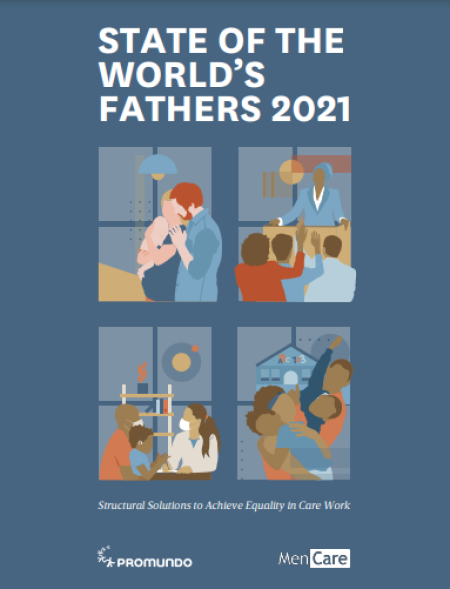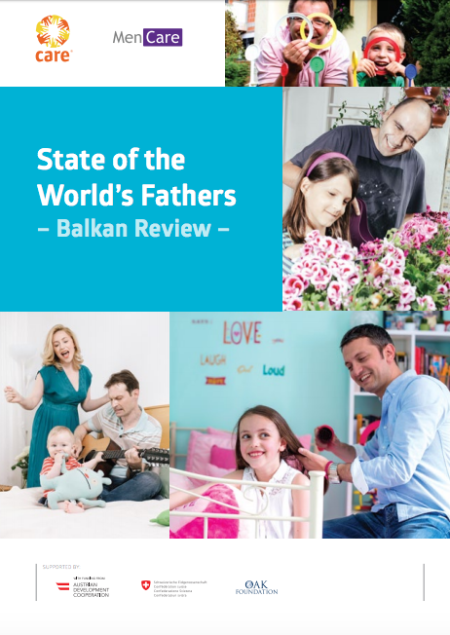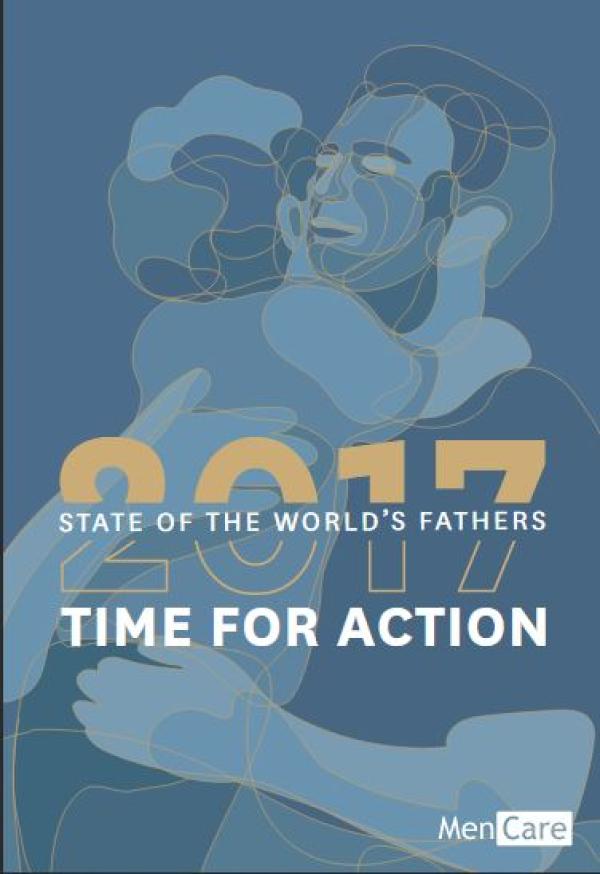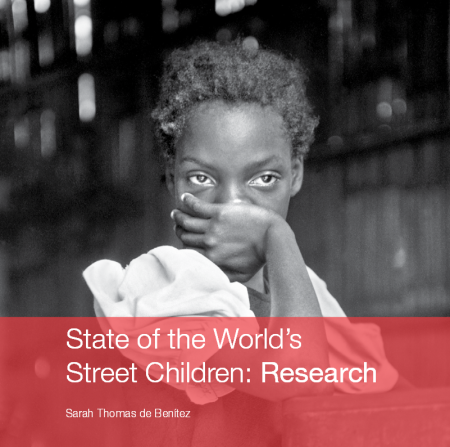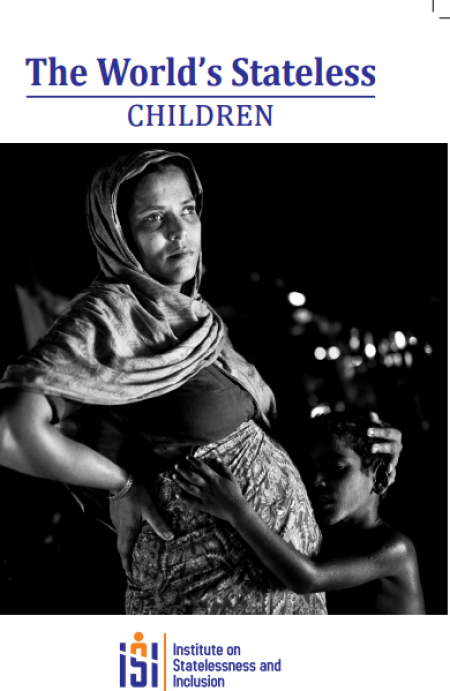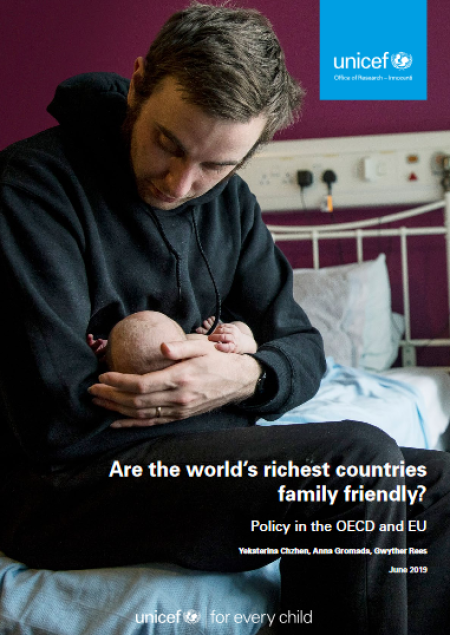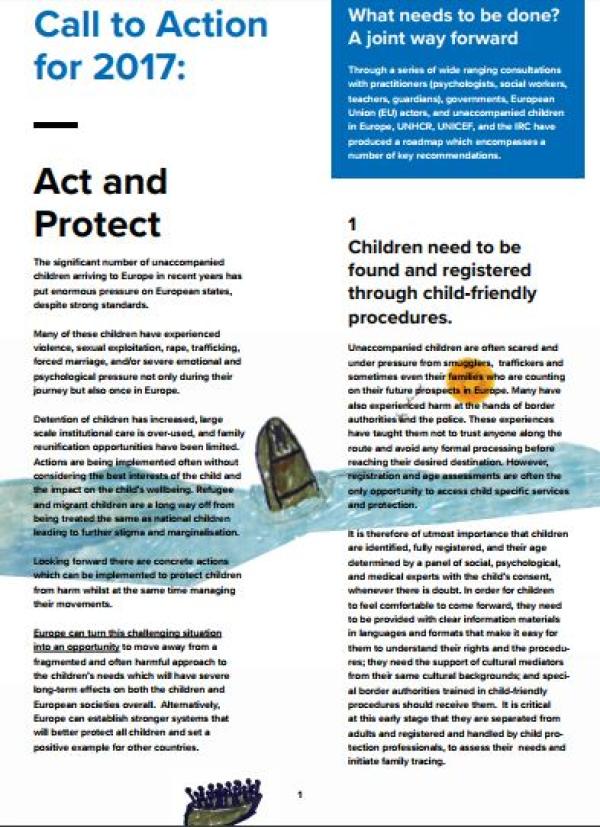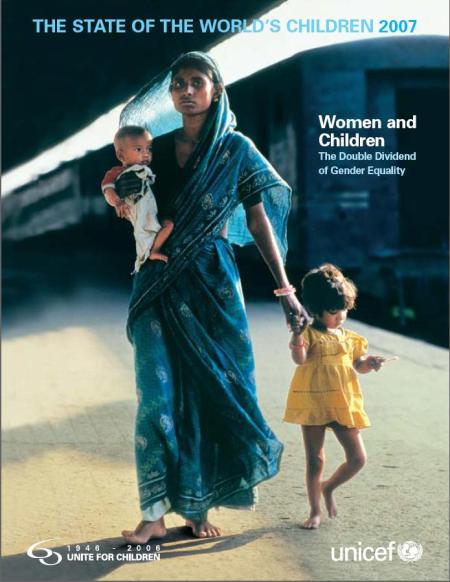
This report titled State of the World's Fathers: Time for Action examines the unequal distribution of unpaid care work. It draws upon a very wide range of research and reports, as well as data from across the world.
According to the report, girls and women currently do about three times more unpaid work than boys and men, with the range ranging from anywhere between 2.1 in developed countries to 6.5 in South Asia. The report outlines the harmful effects of such an unequal distribution, and also discusses a range of benefits for children, women, men and society at large, if the amount of time spent on unpaid work were to be equal.
To move towards greater gender equality, it is essential that the unequal distribution of unpaid care work is tackled. The report outlines four main priorities, two of which are outlined in full chapters and a further two which are outlined more briefly in policy consideration sections. The four main priorities discussed in the report are:
- Paid leave needs to be "guaranteed for all caregivers, of all genders, in equal duration, adequate paid and non-transferable". This is essential to enable a transformation of the norms of men's caregiving and to move towards gender equality.
- Societal and gender norms that perpetuate girls and women as caregivers and boys and men as breadwinners have a long history, and are systemically embedded within the labour market and within laws and policies. This needs to change to ensure that people of all genders are able to undertake and are supported in both the roles of caregivers and financial providers.
- To achieve equality in caregiving, it is necessary to address and ensure that wages are fair, that working conditions improve, and that healthcare is subsidised and income support available for those who need it. Without addressing these underlying issues of economic hardship, it will be difficult to reach equality within unpaid care work.
- Positive results have been demonstrated through men's participation in activities and programmes which aim to provide parental training. To further increase these positive results, such training should be implemented on a larger scale.
The report as a whole is a call for action for the issue of unpaid care work to be addressed to ensure that children, families and whole communities can benefit from equality of unpaid care work. It states that "at the current rate of progress, the International Labour Organization estimates that it will take 75 years before women and men achieve equal pay for equal work" and to speed up the rate of this progress, MenCare urges all nations to work towards the goal that boys and men should be doing half of the unpaid care work. To conclude, the report also provides an action plan of specific priority areas which should be addressed.
To read the executive summary, please click here.


